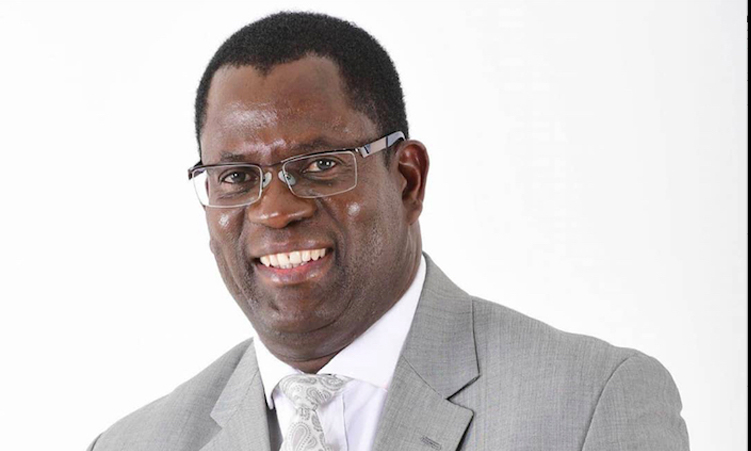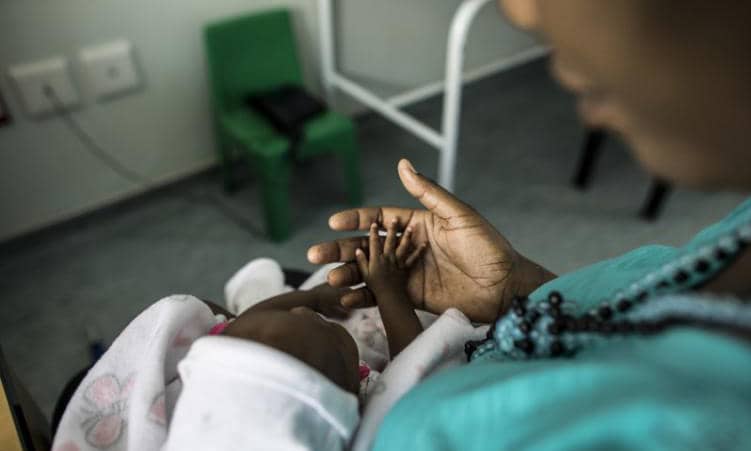Traditional leaders from the affected communities of the Nama and Ovaherero 1904 to 1908 genocide have once again insisted on becoming focal pieces to the bilateral discussions between Germany and Namibia on issues regarding the genocide.
President Nangolo Mbumba embarked on a journey this weekend to introduce himself to traditional authorities in the south, and also hold consultations with the traditional leaders of affected communities.
Sima Luipert from the Nama Traditional Leaders Association (NTLA) has little faith in these consultations yielding satisfying results for all parties involved, especially the affected communities.
“I think president Mbumba will not achieve anything unless he realises that he needs to listen. This is what has been completely wrong in this entire process, because you find that government representatives starting from the president don’t come to traditional authorities to listen, but to tell them and to give them information about what the government has done,” she says.
Since official dialogue started between the two governments over a decade ago, Germany has admitted that it committed a genocide against the Nama and Herero people.
As the conversations matured, it was agreed upon that Germany would pay Namibia 1,1 billion euros over a span of 30 years.
That amount was projected to be about N$18,6 billion, using the exchange rate at the time.
The affected communities were not satisfied with the amount. This was evident in a meeting Mbumba, then vice-president, had with traditional leaders in 2022.
“This is what happened with the last meeting that happened at the NTLA – he was giving us a report. The chiefs were telling him they were not there to listen to him, but for him to listen to the chiefs,” Luipert says.
“He will not achieve anything if he does not hear what their fundamental concerns are . . . I think there is an imposition of a position that the government has already agreed in principle with Germany and this is where the problem lies,” she says.
Speaking to Desert Radio recently, the paramount chief of a faction of the Ovaherero Traditional Authority, Hoze Riruako, welcomed Mbumba’s visit to the traditional leaders and affected communities, however insisted that the government’s approach would have to change if it want to address the position of the affected communities.
He said not much importance has been given to traditional authorities or leaders since bilateral discussions have started.
“We have to give new importance to the whole exercise where the affected communities will remain the centrepiece of this whole initiative,” Riruako said.
“The affected groups form part of the country which has voted for a government in power. That government must help us to facilitate things, but the decision should remain ours,” he said.
Riruako said the settled-on amount and conditions remain immaterial unless the decision comes from the affected traditional leaders.
Political analyst Henning Melber, also speaking to Desert Radio recently, referenced the United Nations Declaration on the Rights of Indigenous Peoples, which has been ratified by both Germany and Namibia.
Article 4 states: “Indigenous peoples, in exercising their right to self-determination, have the right to autonomy or self-government in matters relating to their internal and local affairs, as well as ways and means for financing their autonomous functions.”
Melber said this has been a problem for president Mbumba and the Namibian government in previous encounters with the traditional leaders, also referencing the meeting in 2022.
“That effort failed and a follow-up meeting in December with the NTLA failed too,” he said.
Melber echoed Riruako’s words that the government has to take up the position of facilitator and not chief negotiator in these discussions.
“It’s very clear that if president Mbumba has the intention to get a rubber-stamping of the negotiated results with all the add-ons which reportedly have been made, then that is wishful thinking.
“He will not accomplish that mission. He will leave this house with the same rejection as in 2022. The only possible way out is that the government understands its role as facilitator,” he said.
Stay informed with The Namibian – your source for credible journalism. Get in-depth reporting and opinions for
only N$85 a month. Invest in journalism, invest in democracy –
Subscribe Now!








